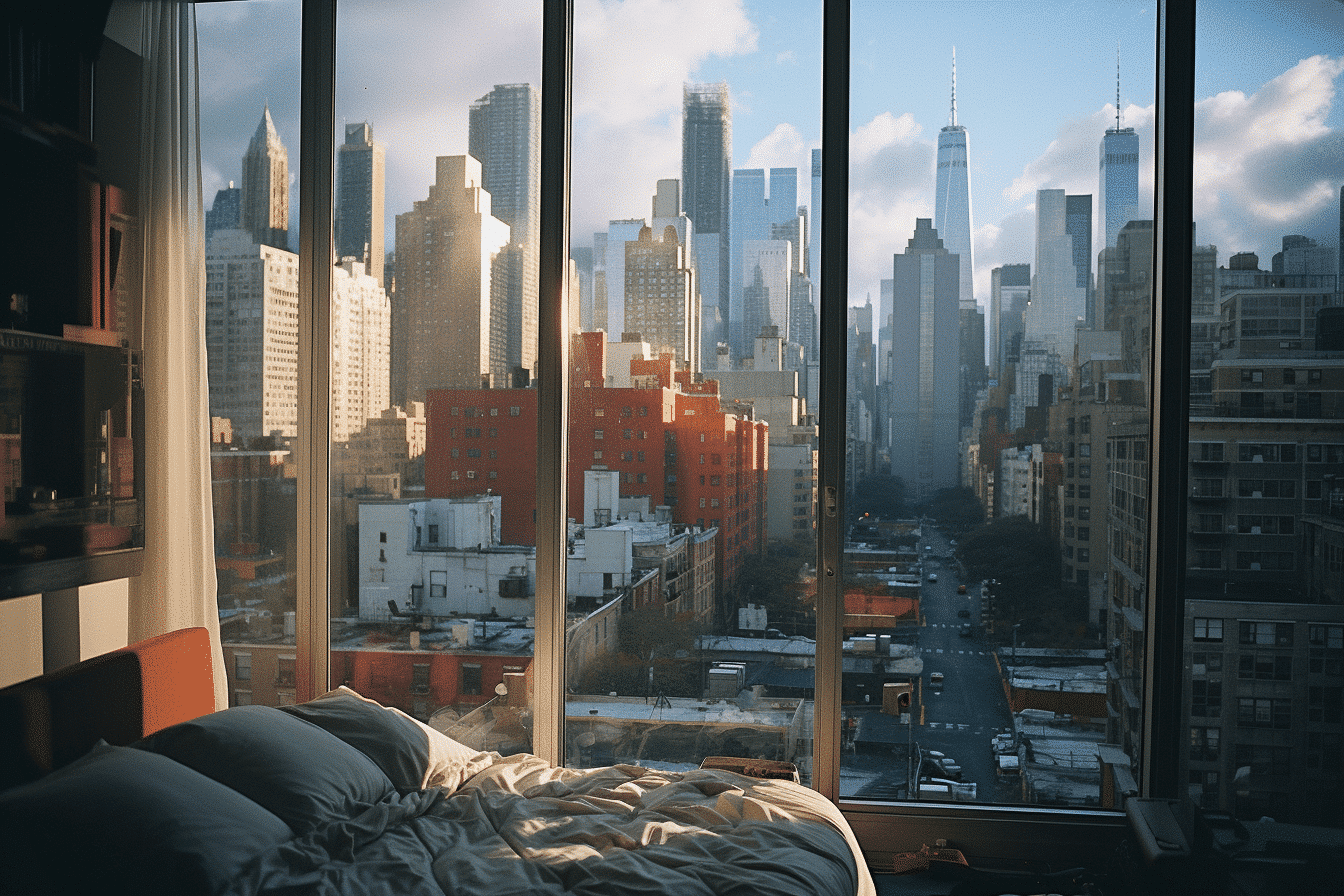New York has imposed restrictions on short-term rental platforms such as Airbnb, Vrbo, and Booking.com following the implementation of stricter rental conditions and times. Those who breach these regulations could face fines of up to $5,000.
These regulations aim to significantly reduce the number of listings available on these platforms. According to The New York Times, this is the latest development in the ongoing battle between major cities and shared lodging companies.
Since yesterday, residents who violate these laws could be fined up to $5,000 for repeat offences. The platforms themselves might face penalties of up to $1,500 per transaction if they engage in unauthorized rentals.
The newly introduced regulations, set to take effect after several legal challenges, also require hosts to register with the city in order to offer short-term rentals. Intermediary companies must ensure that these registrations have been approved before charging any fees.
As of August 28, the city had received around 3,250 registration applications, of which only 257 were approved. It has been assured that guests will not be evicted from unauthorized rentals unless there are health or safety hazards. Existing bookings will remain, but those made after December 2nd will be cancelled and refunded, according to Airbnb.
New York City argues that the rising popularity of short-term rentals has driven up rents and exacerbated the housing shortage in the city, which in turn has fueled homelessness. It’s also seen as unfair competition for hotels.
Meanwhile, neighbours have raised concerns about potential security issues, noise, and cleanliness associated with these rentals. Airbnb argues that these rules amount to a near ban on their service, and some critics believe the city is favouring the hotel industry, thereby limiting more affordable options for tourists.
Historically, the city has maintained properties that cannot be rented for less than 30 days unless the owner is present. Restrictions also set a two-guest limit with full access to the property.
Despite these regulations, many listings still offer entire properties for rent. The city argues that platforms like Airbnb are not doing enough to prevent these listings.
A recent legal document suggests that over 50% of Airbnb’s $85 million earnings in 2022 in New York came from unauthorized rentals, although Airbnb disputes this figure.
Christian Klossner, from the City’s Special Compliance Office, emphasized that the new rules will provide clearer guidance for hosts wanting to follow city laws.
These measures are seen as a victory for the “Hotel and Gaming Trades Council”, a significant player in local politics with 40,000 members and a close ally of Mayor Eric Adams and Governor Kathy Hochul.
Last May it was identified that in New York, short-term rentals outnumbered long-term rentals. Over 2 million residents live in rent-controlled housing, and critics say many of Airbnb’s listings fall into this category, often without the knowledge of landlords or the public.
The evolving landscape of short-term rentals in New York City underscores the broader challenge cities worldwide face in balancing the needs of residents, the interests of businesses, and the demands of tourists. As regulations continue to evolve, it’s imperative for all stakeholders, including platforms like Airbnb, local residents, and city officials, to collaborate and ensure that the solutions adopted benefit the city’s socio-economic dynamics while safeguarding its vibrant character.




